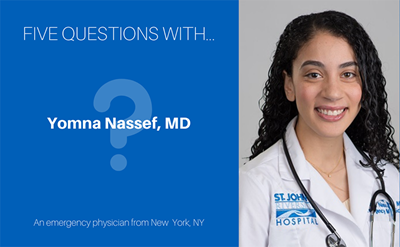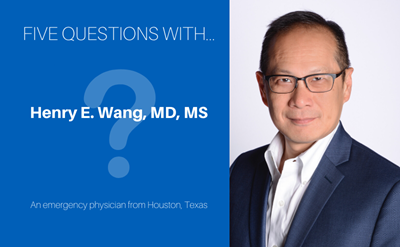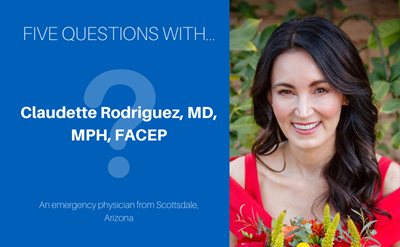WASHINGTON, D.C.— Halloween is just around the corner, and the American College of Emergency Physicians (ACEP) urges all who celebrate to do so with their health and safety top of mind. Simple steps can help everyone avoid health scares from the accidents and injuries that most frequently send people to the emergency department
“Halloween tends to be a busy night for emergency physicians,” said Christopher S. Kang, MD, FACEP, president of ACEP. “A few precautions can help make sure your festive night is filled with the right kind of fright, instead of a trip to the emergency department.”
Carve with care. More than half of Halloween-related injuries seen in the emergency department are associated with carving pumpkins, according to the U.S. Consumer Product Safety Commission (CPSC). Anyone should take caution when handling sharp knives and adults should supervise children using any carving tools.
Prioritize safety while trick or treating. Halloween is one of the busiest nights of the year for pedestrian accidents. In fact, there’s a 43% higher risk of pedestrian fatalities on Halloween night according to data from the National Highway Traffic Safety Administration. Walk in groups when trick or treating and stay on the sidewalks whenever possible. Bring flashlights if going outside and use crosswalks when crossing the streets.
Avoid injuries from costumes or decorations. According to the CPSC, a quarter of 25% Halloween-related injuries were due to falls while putting up or taking down decorations, tripping on costumes or walking while trick-or-treating. Be sure that decorations are secure and don’t present a danger to trick-or-treaters. Avoid costumes that drag on the ground and masks that obscure vision and substitute soft alternatives to swords or other sharp objects.
Enjoy candy safely. Adults should inspect younger children’s candy before they eat and watch for signs of tampering or contamination, which can include tears in packaging or discoloration. Certain candies can also pose a choking hazard to children under 4. It is also important to make sure that children with known allergies avoid exposure to candy with common allergens, such as peanuts, that can cause severe reactions or anaphylaxis.
“With many emergency departments across the country already managing through capacity constraints, health and safety tips are becoming more important than usual. We encourage everyone to be careful while celebrating and do their part to avoid a medical emergency,” said Dr. Kang.
 American College of Emergency Physicians
American College of Emergency Physicians







